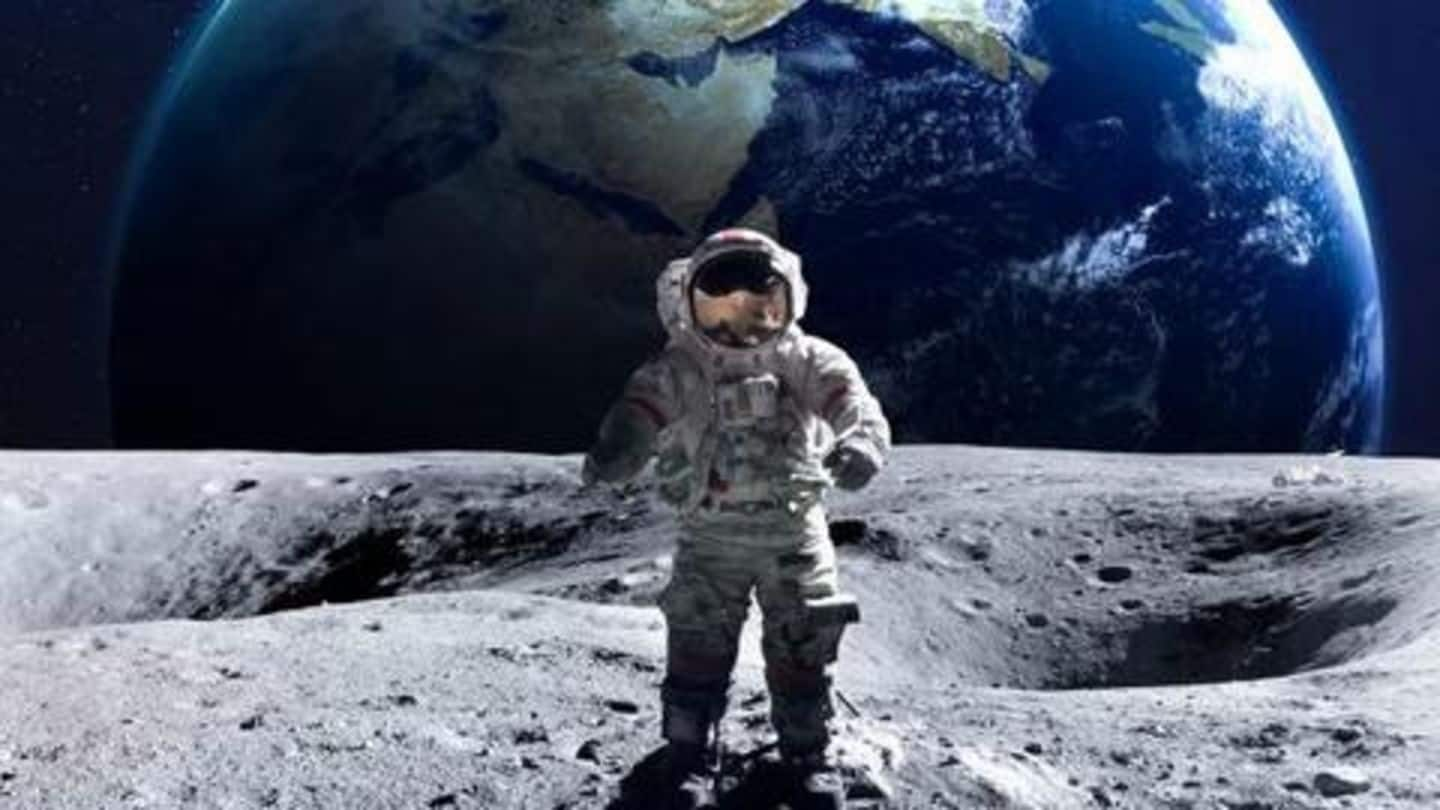
More people to videocall lovers, not parents, from moon: Survey
What's the story
Ahead of the 50th anniversary of the groundbreaking Apollo 11 mission on July 20, a United States-based tech professional association, Institute of Electrical and Electronics Engineers, has conducted a survey about space travel. The recent survey announced that 53% of respondents are interested in physically traveling to space in a spacecraft, along with other interesting findings. Here are more details about the findings.
Videocall
56% people would videocall lovers from moon; 14% pick mothers
Recognizing that smartphones today are more powerful than the four computers NASA used for the Apollo 11 mission, IEEE asked respondents: "Assuming your smartphone would work, who is the first person you would video call from the moon?" Over 56% people said they would call their spouse/partner. 14% of people would call their mothers, followed by friends (9%) and fathers (8%).
Information
Would you feel safe in spacecraft piloted by humanoid robot?
The survey also asked if they would feel safe in a spacecraft piloted by a robot that looked and talked like a human, to which, 79% respondents said they would feel somewhat or completely safe, while 21% said they wouldn't feel safe, Express Computer reported.
Tech 'spinoffs'
65% think solar panels invented through space travel tech
Respondents were also asked which one of today's everyday innovations among a list of options find their roots in space travel. Top items identified as these technological "spinoffs" were solar panels (65%), athletic shoe (40%), heart defibrillator (32%), cordless vacuum (28%), mattress (19%), among others, Express Computer reported. Interestingly, although NASA massively helped keep solar tech alive, they didn't directly/indirectly invent solar cells.
Information
Did you know NASA tech helped invent artificial limbs?
Over the years, space technology developed by NASA has aided in inventing everyday solutions such as infrared imaging, fireproof material, smoke detectors, water filtration systems, artificial limbs, etc. NASA even has a database of all such commercial products it helped develop available online.
Future tech
Which future tech would space travel help develop next?
Following up after that last question, the survey asked respondents which area do they think would be greatly (and positively) impacted by space travel technology over the next decade. Around 26% respondents felt that the 'Health and medicine' sector would be greatly impacted by the tech, followed by transportation (23%), computer technology (21%), and environmental resources (20%).